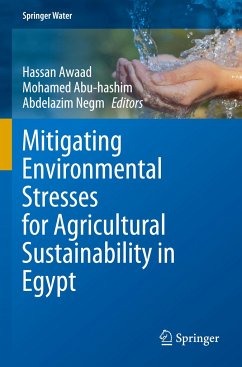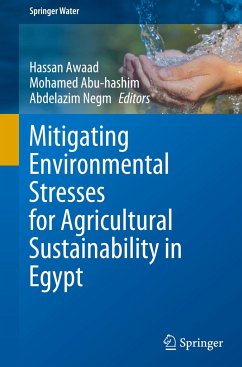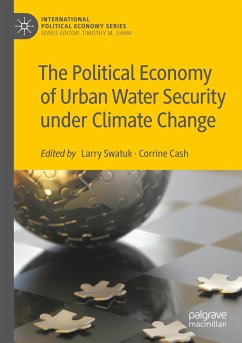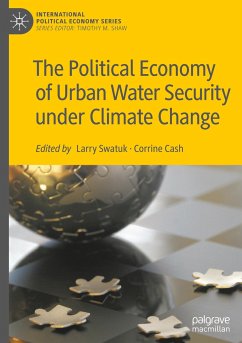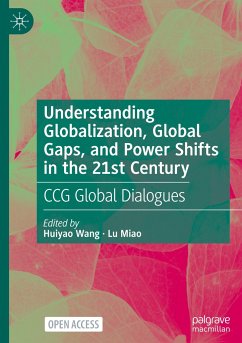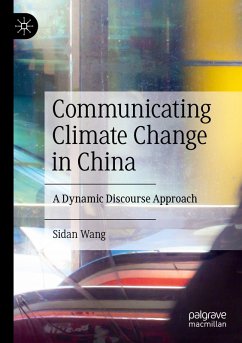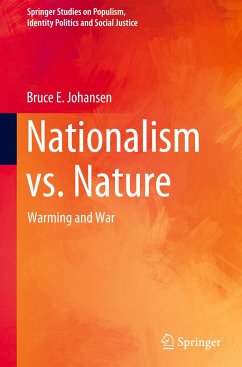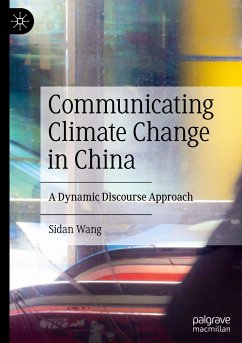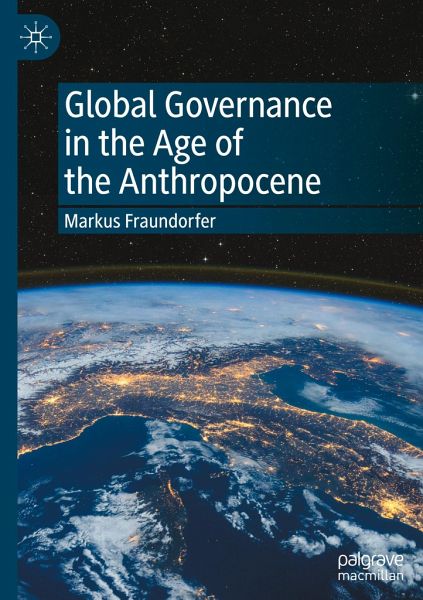
Global Governance in the Age of the Anthropocene

PAYBACK Punkte
29 °P sammeln!
Why has global governance largely failed to effectively tackle some of the most pressing global environmental challenges of our time? What are the obstacles to effective global and planetary problem-solving? And which solutions and responses have global governance actors come up with to confront these challenges? This textbook teases out the tragic entanglements between dominant global governance dynamics and the global environmental challenges of the Anthropocene, showing how international and global cooperation mechanisms that evolved over the last two hundred years are deeply implicated in ...
Why has global governance largely failed to effectively tackle some of the most pressing global environmental challenges of our time? What are the obstacles to effective global and planetary problem-solving? And which solutions and responses have global governance actors come up with to confront these challenges? This textbook teases out the tragic entanglements between dominant global governance dynamics and the global environmental challenges of the Anthropocene, showing how international and global cooperation mechanisms that evolved over the last two hundred years are deeply implicated in exacerbating many of today's global environmental challenges. The book focuses on several global environmental challenges which are intrinsically interconnected, threatening to destabilise the entire Earth-system with serious consequences for human societies across the world. These global environmental challenges include infectious disease outbreaks, global food production processes, thepollution of freshwater resources, energy consumption patterns, deforestation and CO2 emissions. At the same time, the book also presents several alternative governance examples based on more democratic, citizen-based and holistic approaches to the global climate crisis, which point the way towards a new understanding of global governance in the age of the Anthropocene. This textbook is for undergraduate and postgraduate students of global governance, environmental politics and international relations.





